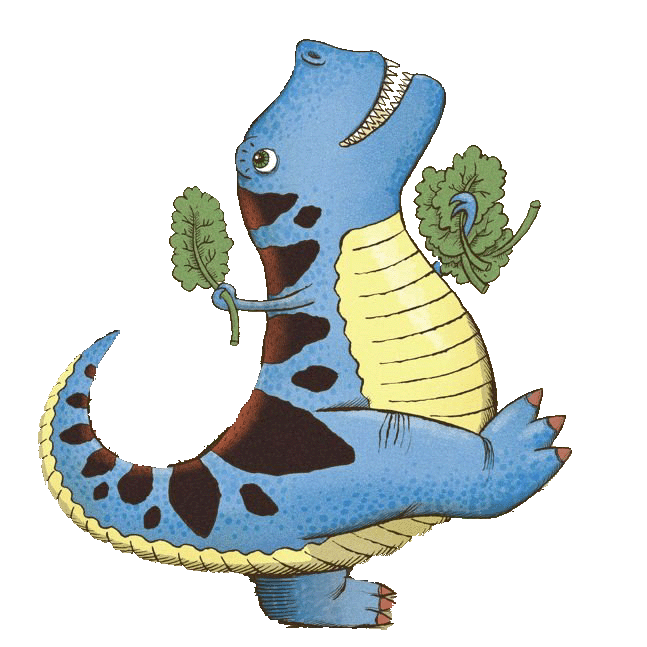A Dino Fix
“Linus the Vegetarian T. Rex” as a Picturebook for the Anthropocene
DOI:
https://doi.org/10.52537/humanimalia.13618Keywords:
Anthropocene, children, dinosaurs, interspecies empathy, picturebooksAbstract
In this essay, I combine ecofeminism, critical animal studies, and vegan studies to analyse the depictions of dinosaurs in a vegan picturebook, Robert Neubecker’s Linus the Vegetarian T. Rex. Because picturebook dinosaurs, like the titular Linus, can mobilize the intense “conceptual interest” in dinosaurs found among young children, I argue that a co-reading of Linus can help initiate conversations and facilitate learning about difficult “adult” concepts, such as evolution, extinction, and the Anthropocene, in children primarily but not limited to ages four to six. As compared to largely anthropocentric mainstream children’s literature, a vegan picturebook like Linus can also intervene in early childhood education before children are socialized into dominant anthroparchal ideologies that normalize the consumption of animals and contribute to global warming; moreover, it can promote positive attitudes toward science and STEM (science, technology, engineering, and mathematics) education. Due to its ambiguous and open-ended messaging, as well as its imaginative approach of enlivening dinosaur fossils at a natural history museum, Neubecker’s Linus arguably encourages an ethical stance toward living nonhuman animals and thus offers a blueprint for “a picturebook for the Anthropocene”: challenging the more obviously reductive instrumentalist depiction of dinosaurs in mainstream children’s literature; raising awareness about the climate crisis by promoting veganism and vegetarianism while also interrogating gendered assumptions about plant-eating; and combating sexist and adultist attitudes toward science education.
Downloads

Published
Issue
Section
License
Copyright (c) 2023 Anastassiya Andrianova (Author)

This work is licensed under a Creative Commons Attribution-NonCommercial 4.0 International License.









